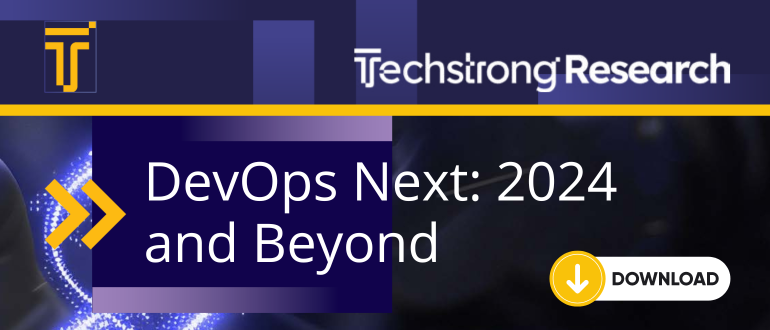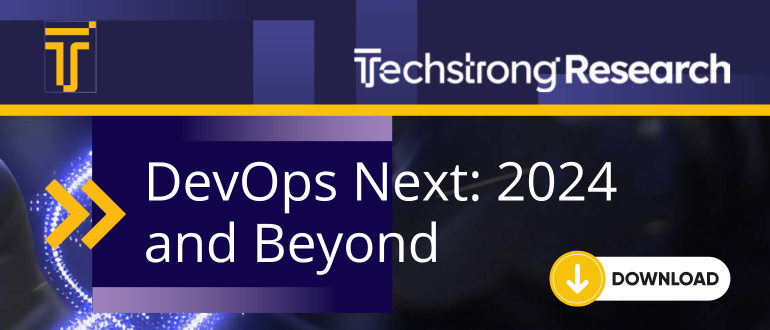
2024-10-22 21:58:50 Author: securityboulevard.com(查看原文) 阅读量:2 收藏
Meeting SOC 2 standards demonstrates your commitment to security and boosts trust—especially when you have a report to prove it. The American Institute of Certified Public Accountants (AICPA) created these standards and the coordinating reports, known as SOC 1, SOC 2, and SOC 3. While they aren’t legally required, they’re a great way to highlight your security protocols.
Here’s a guide to SOC 2 compliance requirements and how they ease customer concerns about data security.
What Is a SOC 2 Report?
The SOC 2 is a framework, or set of standards, that helps businesses manage and report on their data security, availability, and processing integrity.
SOC 1 centers on financial reporting, while SOC 2 is about data and processing security. The SOC 3 report is a distilled version of the SOC 2 for a more general audience.
SOC 2 compliance means that your company meets the guidelines for the correct handling of customer data. Here’s how it works:
- To receive a SOC 2 report, an unbiased third party—either a firm with AICPA certification or an individual CPA—must audit your business.
- The CPA or firm then examines your security posture and all it involves, including your processes, controls, and policies, to make sure you align with the SOC 2 compliance requirements, also known as Trust Services Criteria (TSC).
- After the audit, the firm or CPA gives you a SOC 2 report, which indicates whether you’re compliant or your security needs work.
- If you pass, you can share this information with vendors, clients, and regulators to demonstrate your company’s commitment to ensuring data security. If not, you know what to solve.
Although there is no legal obligation to obtain SOC 2 certification, these reports are an excellent way to show customers and stakeholders how seriously you take their personal data, which builds trust. And meeting SOC 2 standards helps prevent expensive and reputation-killing breaches.
What Are the SOC 2 Compliance Requirements? A Quick Guide to Trust Services Criteria
SOC 2 compliance requirements are customizable guidelines that can adjust to meet your specific security needs.
Before a SOC 2 audit, you just have to meet the TSC—five standards that detail key areas to address.
1. Security
Security is the sole mandatory SOC 2 requirement. The remaining four are encouraged but not as imperative.
Expect auditors to inspect your security posture in depth for all types of attacks, from hardware to malware and beyond. They might also check if you enable two-factor authentication, have negligent password requirements, or ask your team to complete regular security training on the dangers of data breaches.
2. Confidentiality
Confidentiality is about ensuring that data, such as financial information, is only accessible to a secure group of individuals or organizations—particularly when that data is in transit.
Auditors check if you have a system in place to identify confidential information when it comes into your possession. They’ll also review your allocated retention period, which is the amount of time you retain data based on regulatory or compliance requirements, and make sure you safely delete information after that period.
3. Privacy
Privacy guidelines center around how you collect, disclose, and eventually delete personally identifiable information (PII). Their goal is to protect PII from unauthorized parties or breaches, which is especially important for financial organizations handling an abundance of PII.
When the auditor checks your privacy practices, they’ll consider how you get consent from users, if your privacy policy disclosures are fair and honest, and if you’re collecting more personal data than necessary. They may also ask how you’d respond if a data breach exposes PII.
4. Availability
Availability gauges your plans to minimize downtime, or the amount of time the system is unavailable, and manage the risks associated with it. Auditors want to check that your organization can anticipate system capacity shortcomings, safely back up information, and implement precautionary steps with a business continuity plan.
5. Processing Integrity
Processing integrity is about making sure your service organization’s processing activities, such as data input or output, function correctly. You also must process data to align with the intended business use case.
To determine your preparedness, ask yourself questions such as: Is my data processing accurate, timely, valid, and complete? Does my business have authorization for it? And what happens when processors fail? Auditors will check that your systems perform their intended functions without any issues or failures that could destroy service reliability.
SOC 2 Readiness Assessment
When seeking SOC 2 certification, most businesses take a SOC 2 readiness assessment. Think of this as a practice exam that prepares you for SOC 2 audits and spots security gaps that need fixing. An assessment from an AICPA-accredited auditor costs money, so some businesses opt for a self-assessment checklist instead. While it isn’t as thorough, it’s free.
A major misconception is that it’s bad for a practice auditor to discover a shortcoming during the readiness assessment. It’s not—it just means you might have to pay for another assessment. But it’s better to discover and improve vulnerabilities before the actual audit.
Once you’re confident that your business is ready for a formal SOC 2 audit, reach out to an AICPA-certified firm or CPA.
Meet SOC 2 Criteria With Legit Security
A SOC 2 certification takes time and money. The good news is that you don’t have to tackle it without help. By working with Legit Security, you can more efficiently and effectively gather the data you need to comply with SOC 2. The Legit Application Security Posture (ASPM) platform gives you an instant snapshot of your software development environment and its security controls, eliminating the manual work typically involved in addressing compliance requirements.
If you’re ready to take the next step toward a successful SOC report, get a demo of Legit Security today.
![]()
*** This is a Security Bloggers Network syndicated blog from Legit Security Blog authored by Legit Security. Read the original post at: https://www.legitsecurity.com/blog/soc-2-compliance-requirements
如有侵权请联系:admin#unsafe.sh

